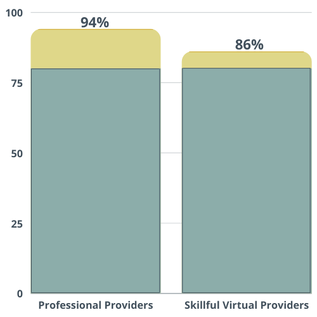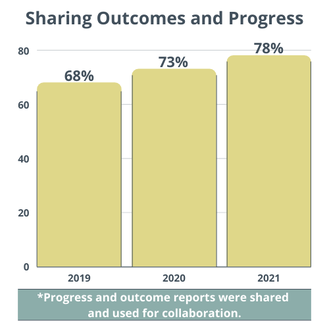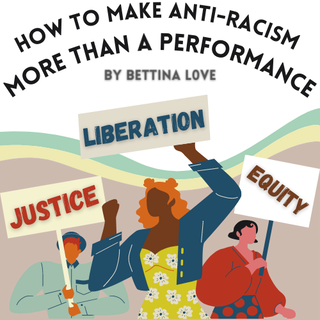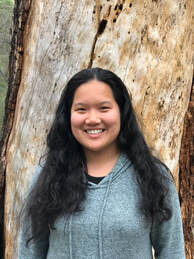
Our beautiful, flawed, resilient, and precarious human-ness has been on full display, and given the limitations of the COVID lifestyle, there’s not a lot we can do about that. It has affected each of us differently given our own identities, family structures, geographical and social locations. One thing is for certain: our common humanity is more pronounced than ever in our work.
This year more than ever, it may be true that we are ‘on the couch’ with our clients. As we live through so many tragedies and painful changes side by side, we are all simply doing our best with the tools we have at any given moment. There is healing in joining, and perhaps this joining is integral to the deconstruction of the western, white supremist ideologies that therapy as we know it was built on. These frameworks serve to maintain the veil of separation between therapist and client, upholding the false notion that one person in the room is an expert, and the other, a problem.


So how do we make this shift as individual humans who want to heal ourselves and be better therapists at the same time?
One avenue for this will come from Seneca’s All-In Program’s upcoming 3 month long clinical training series with Dr. Jennifer Mullan, who is most widely known for her revolutionary Instagram account, @decolonizingtherapy. Through this medium as well as her role as a psychologist, consultant, trainer, and activist, her work has significantly contributed to the ongoing conversation around the importance of, as our training series is called, “Politicizing Your Practice.”
In doing this work, as we ‘sit on the couch’ with our clients, perhaps we can cultivate our humanity together. By starting with acknowledging our own humanity and honoring that of the people we work with. This is more than being kind or cracking a few jokes during a session to build rapport. It’s a deep and meaningful exploration of ourselves and each other, our histories shared and distinct, and a readiness to face the complexities of truly showing up as human in our relationships.
"The energy of resistance is fundamentally about claiming our humanity, our right to be fully human. This right is both for ourselves and for others. We must clearly see those forces that try to hold us down or hold us back. The inner work is about not holding ourselves down or holding ourselves back from manifesting our own highest humanity. It is about setting our souls free to sing, to shine, to soar. What song will you free your soul to sing? How can you support someone else in allowing their soul's power and beauty to shine more brightly? Let's all claim the cancellation of the captivity and enslavement of our minds and souls!” -Dr. Shelly Harrell |






























 RSS Feed
RSS Feed